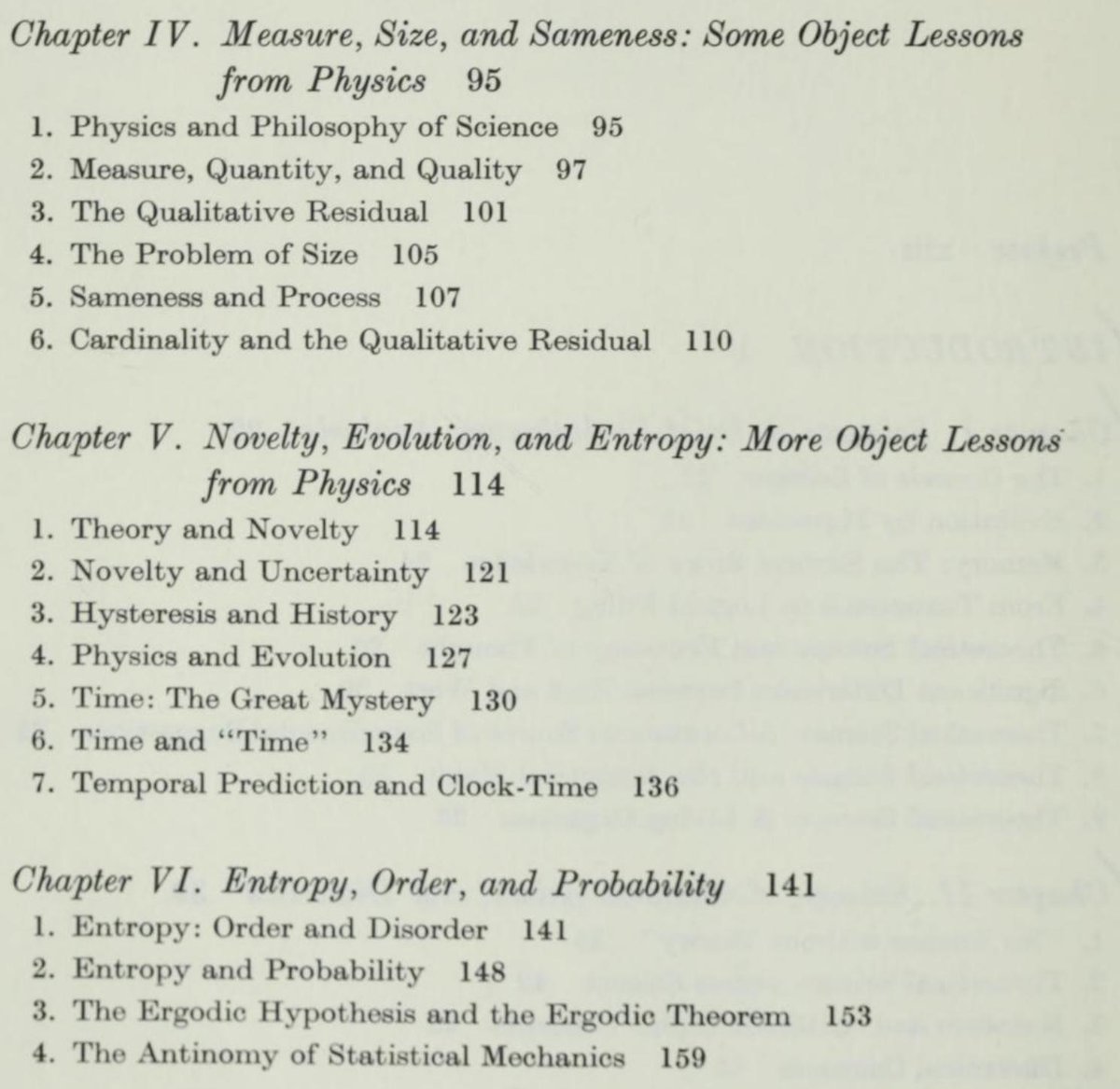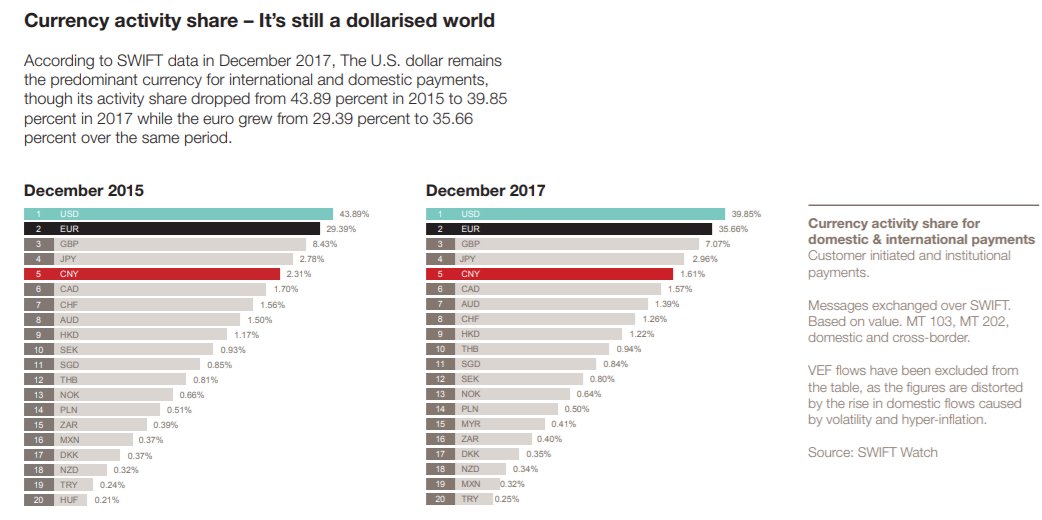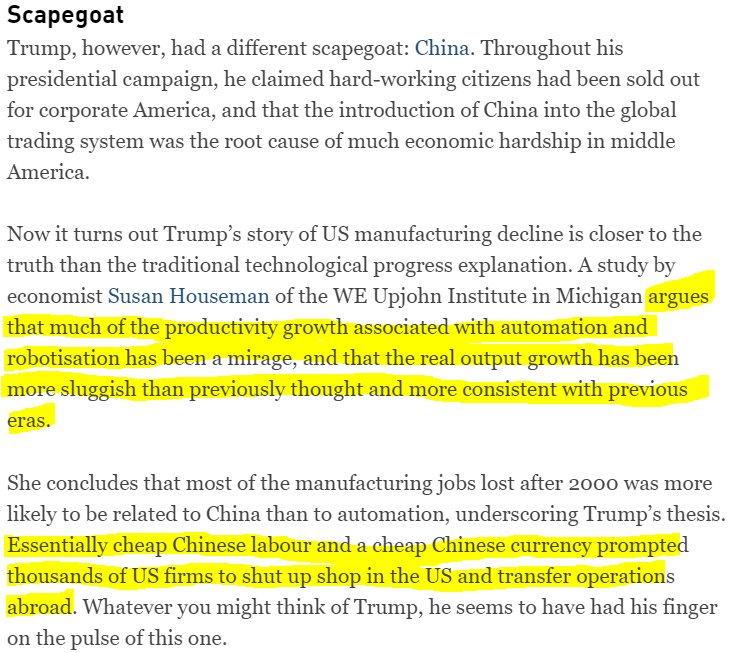Depending on how well the players know each other, we can get thru all stages of exchange: informal (gift exchange), formal (bargaining & trade), hierarchical.
2. Collective deliberations are not usually a productive way to solve combinatorial problems (the "restive classroom dilemma").
That's very hard to conceive, execute and monitor (countercheck the best proposals) in 3 minutes.
We are now in the world of Herb Simon's martian economy.
Chances are there's a holdout player with a very good hand who refuses to share.
Bigger groups means ad-hoc hierarchies (thin blue lines) emerge.
Add redundancies as warranted.
But that's exactly what happens in firms-as-skill-hierarchies.
At this point, the group might start questioning the wisdom of the rules per se.
2. Fundamental IO in Simon's martian economy and the emergence of firms as consequence of task division and information sharing/withholding
3. Schumpeter's "new combinations"
5. Fundamental concepts of allocation, exchange, and fairness
6. The scope of informal/formal/hierarchical exchange.
What you hopefully don't have to explain:
7. The role of aggression and trespass.
@threadreaderapp unroll plz old chum.



















